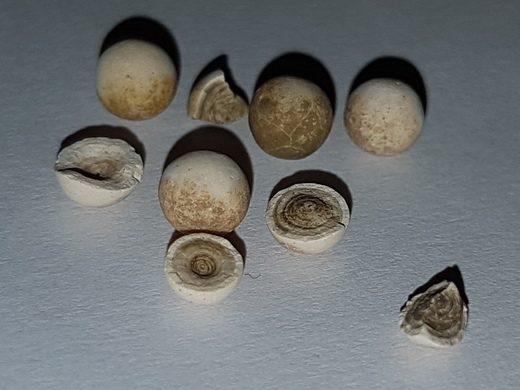According to the literature, mol sieves can absorb up to 22% of their weight in water, and oven dried sieves retain 2-3% water (you need vacuum drying
to remove that).
When drying 250 mL or 95% ethanol (% V/V) you have 12.5 g of water, so you might try first drying with about 65 g of sieves (theoretical capacity 14
g or so, 13 g with 2% water content) to soak up most of the water, then using 15-25 g of sieves to get maximum drying with less ethanol absorption
loss. Also, waiting 24 hours might be better to get maximum absorption for both batches.
This paper describes the preparation of super-dry ethanol with sieves, but their starting "wet" ethanol has only 0.14% water, and they are
drying it to 10-25 ppm (0.001-0.0025%). 5% mol sieves (W/V) is sufficient to achieve super-dryness after 5 days.
The paper also recommends KOH to dry ethanol, which is attractive due to its low cost (in the U.S. anyway), and which I have used with success to dry
ethanol.
However, I then discovered that KOH is soluble in ethanol so the advice to use KOH seems questionable, unless it is insoluble in dry ethanol.
Does anyone know?
[Edited on 11-9-2016 by careysub] |





